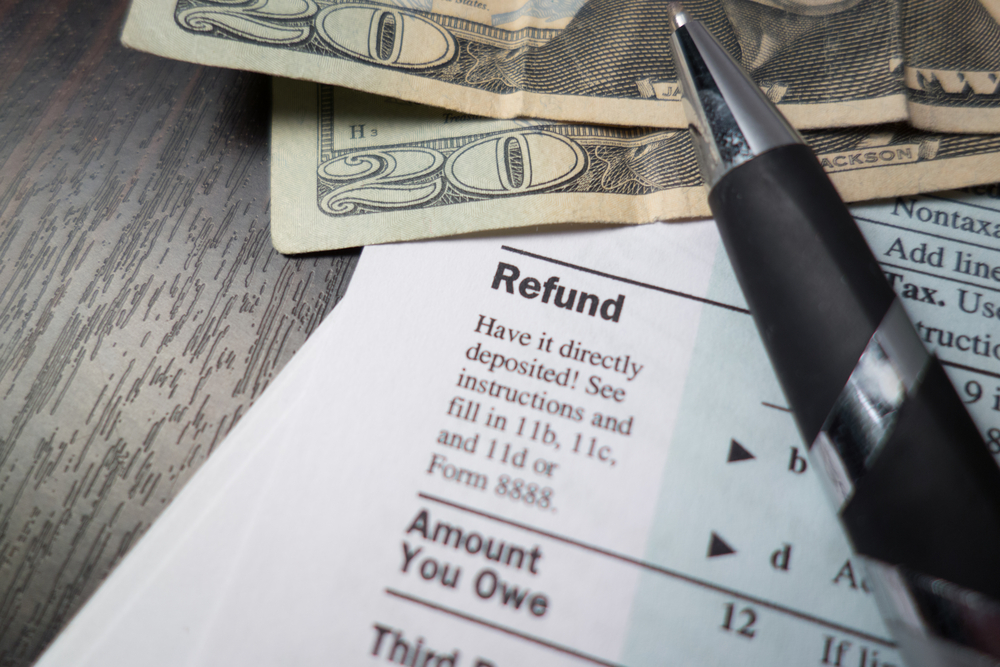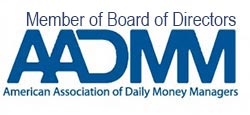
Did you do your tax return and discover that your refund won’t be as large as you thought? Finding out that you won’t get the money you counted on can be very upsetting. Many people use their tax refunds to pay for large annual expenses like property taxes or insurance or to put away for college, a house, or retirement. If your tax refund was smaller than expected, there are a few things to consider:
1. Are you sure your tax return is correct? If you prepare your own return, it may be helpful to consult a tax professional to make sure you took all deductions and credits you were entitled to take. Even if you already filed your return, you could amend it. If a tax professional handled your return, double-check that you gave them all the necessary documentation for your return.
2. Why was your refund smaller? You should understand what went wrong. One common reason people miscalculate their taxes is because of changes in tax laws. Every year, tax rules change and it is important to stay up to date on them yourself or consult a tax professional to find out what impact they may have on you.
Another reason for mistaking your taxes is that you aren’t keeping a close eye on your income and/or expenses and comparing them to prior years. You could have moved into a different tax bracket, reducing your refund.
While knowing the reason your refund was less than expected may not help you now, it may keep you from making the same mistakes this year.
3. Are you relying too much on your refund check? If the smaller refund check significantly affects your finances, you should take a closer look at your budgeting. You may need to be saving more money during the year. Make sure you are carefully tracking your income and expenses. In creating a budget, you must factor in not only your regular monthly bills but also annual and semi-annual payments. You also should have an emergency fund.
While it may feel great to get a large refund check, what it means is that you overpaid your taxes and gave the government an interest-free loan all year. If you adjust your tax withholdings, you could keep that money during the year to control as you wish. However, some people have difficulty saving money throughout the year. If that’s you and you want to continue relying on the refund check, you should still put extra aside during the year so you have the money in case your refund is less than expected.
If you have trouble managing your daily finances or you just don’t have the time, it may be helpful to consult a daily money manager (DMM). A DMM can assist you with paying bills, budgeting, monitoring expenses and cash flow, organizing and preparing tax documents, learning how to manage your finances with online software, and other tasks.
Contact us for a free consultation to learn how we could help you.



